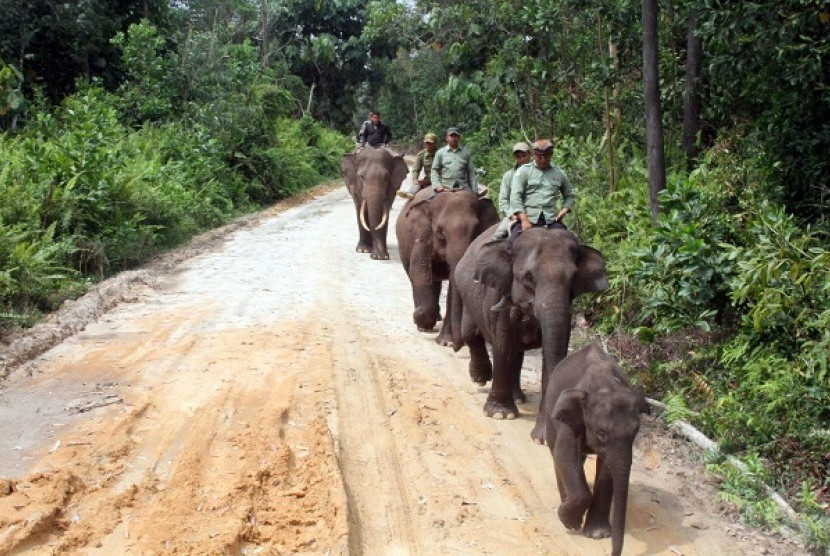REPUBLIKA.CO.ID, GENEVA - The world populations of fish, birds, mammals, amphibians and reptiles fell overall by 52 percent between 1970 and 2010, far faster than previously thought, the World Wildlife Fund said on Tuesday.
The conservation group's Living Planet Report, published every two years, said humankind's demands were now 50 percent more than nature can bear, with trees being felled, groundwater pumped and carbon dioxide emitted faster than Earth can recover.
"This damage is not inevitable but a consequence of the way we choose to live," Ken Norris, Director of Science at the Zoological Society of London, said in a statement.
However, there was still hope if politicians and businesses took the right action to protect nature, the report said.
"It is essential that we seize the opportunity - while we still can - to develop sustainably and create a future where
people can live and prosper in harmony with nature," said WWF International Director General Marco Lambertini.
Preserving nature was not just about protecting wild places but also about safeguarding the future of humanity, "indeed, our very survival," he said.
The report's finding on the populations of vertebrate wildlife found that the biggest declines were in tropical regions, especially Latin America. The WWF's so-called "Living Planet Index" is based on trends in 10,380 populations of 3,038 mammal, bird, reptile, amphibian and fish species.


